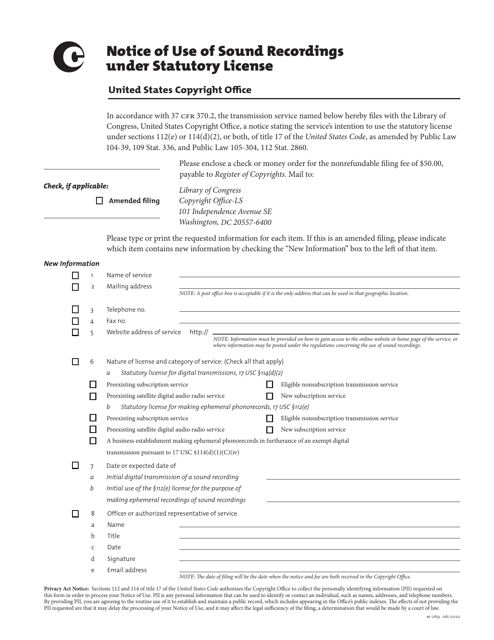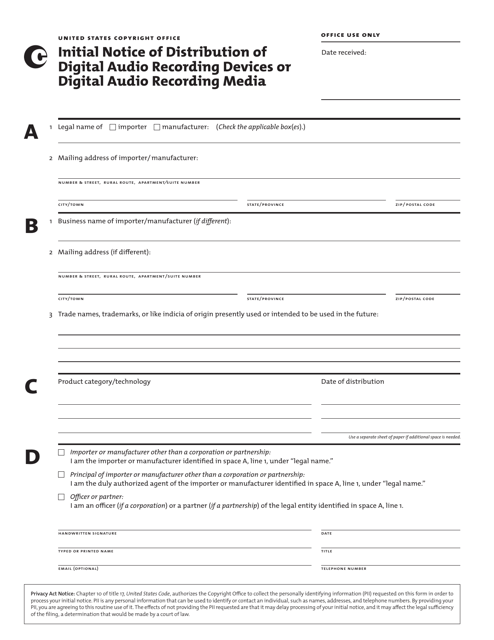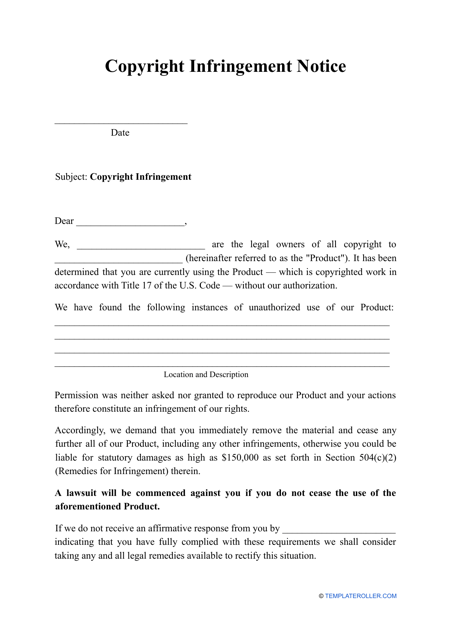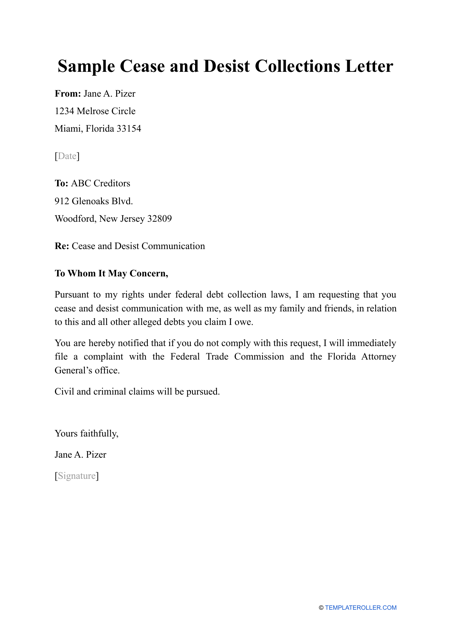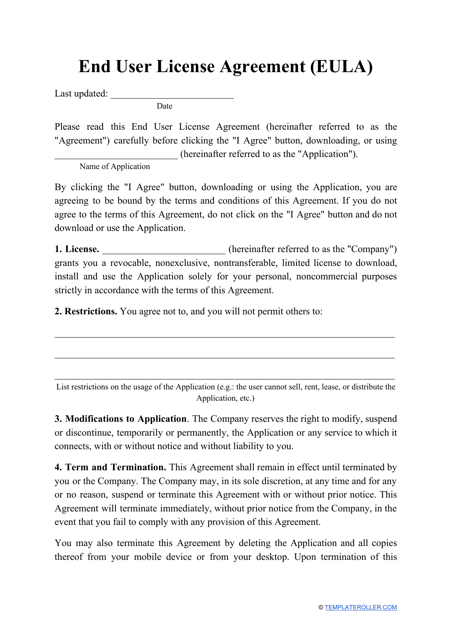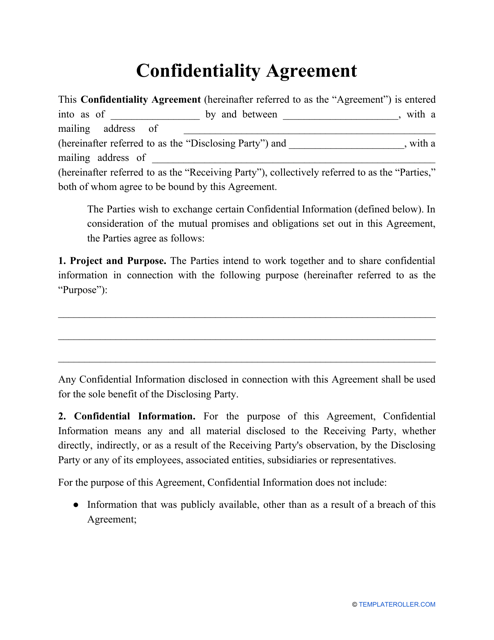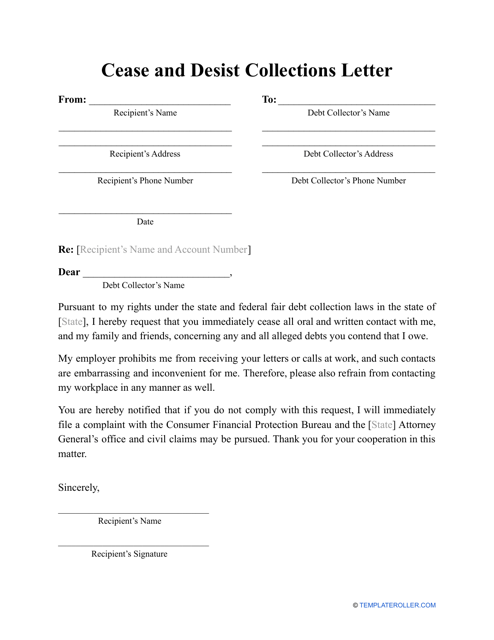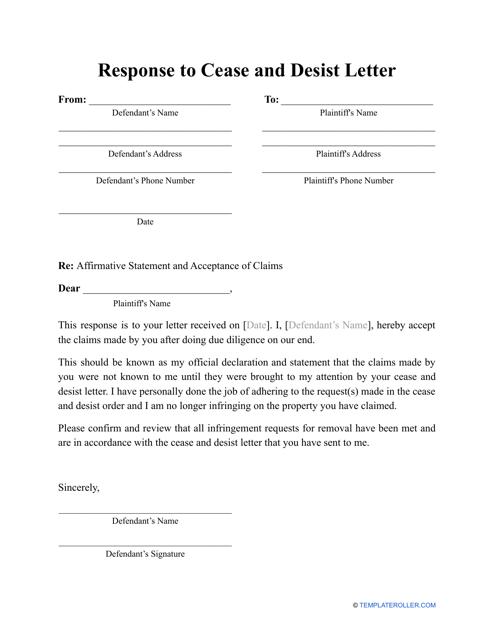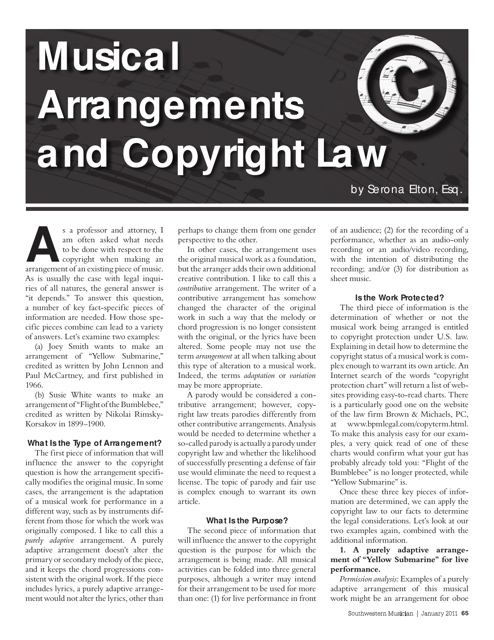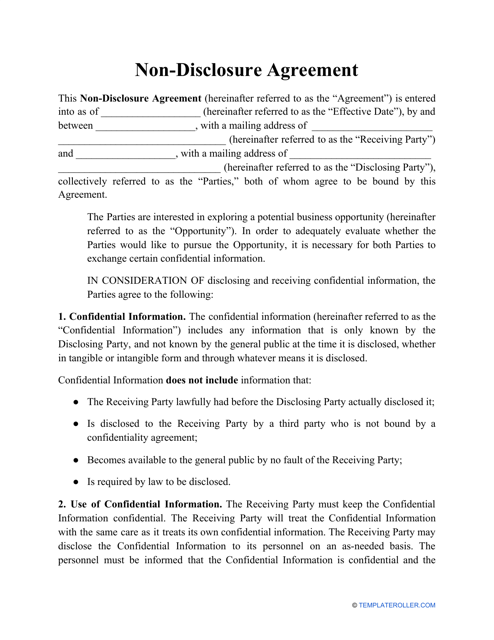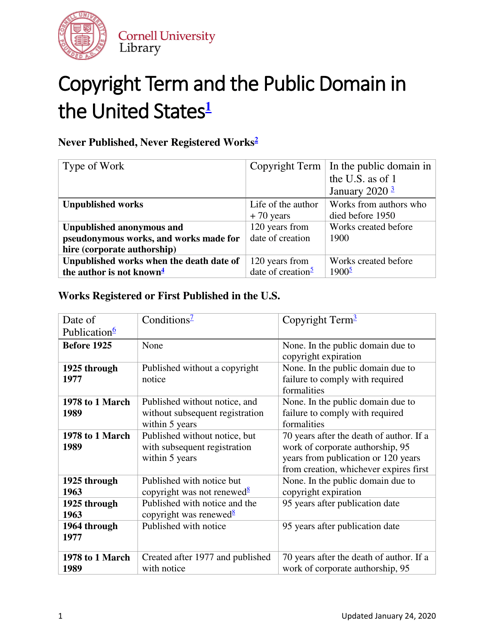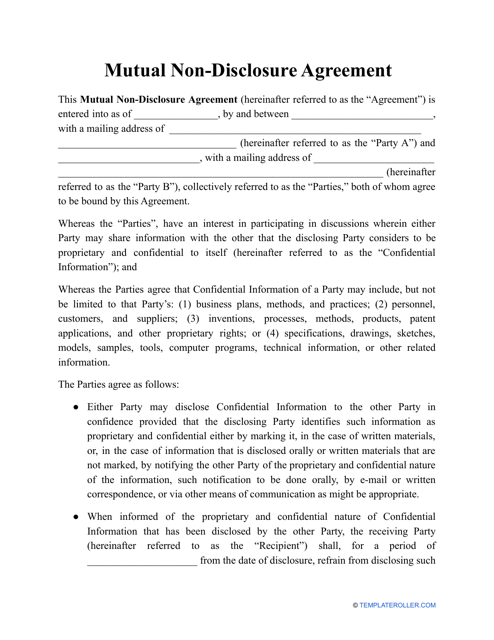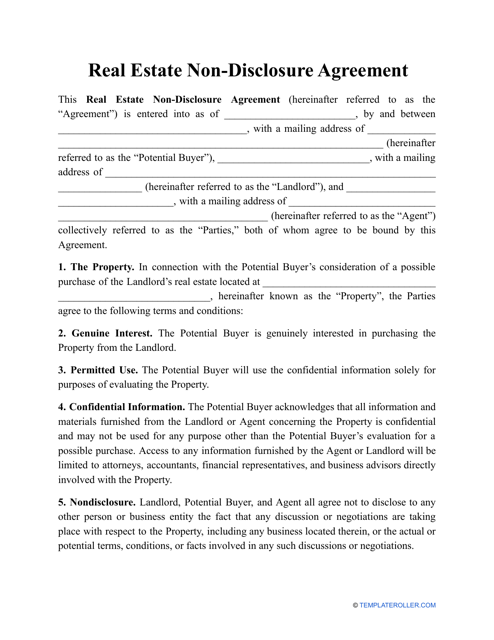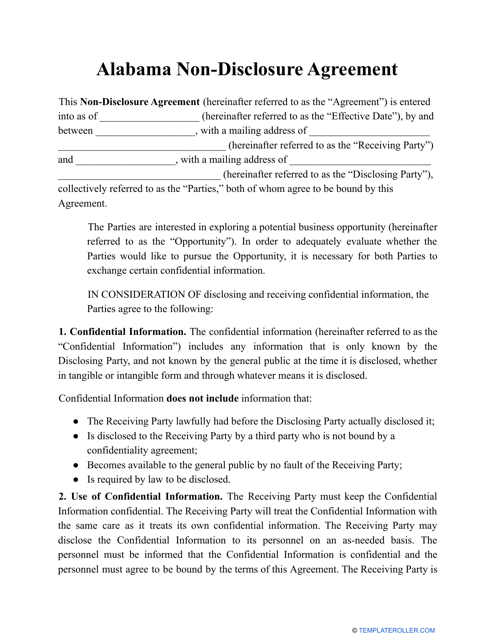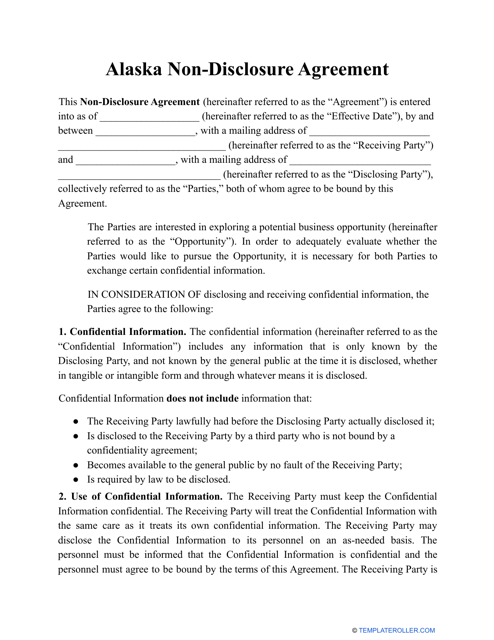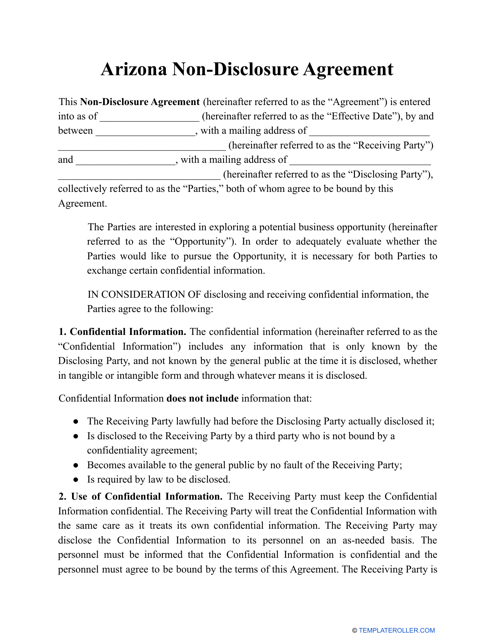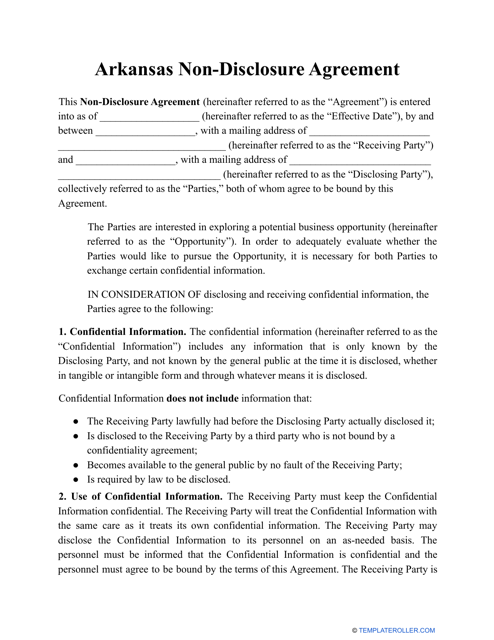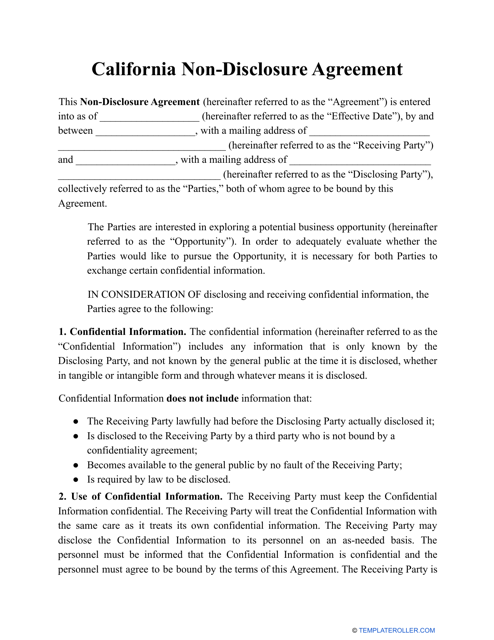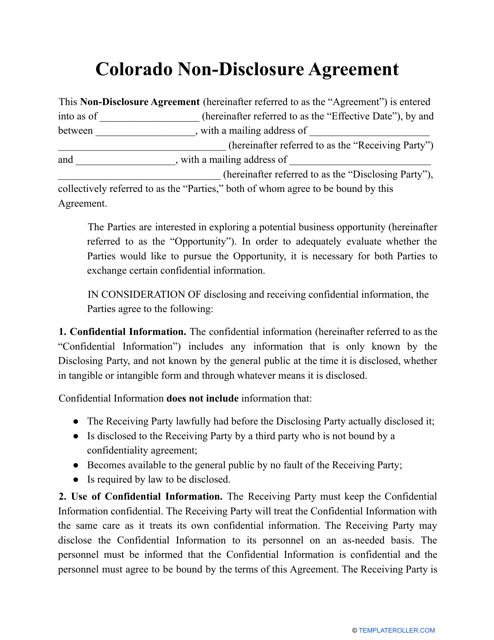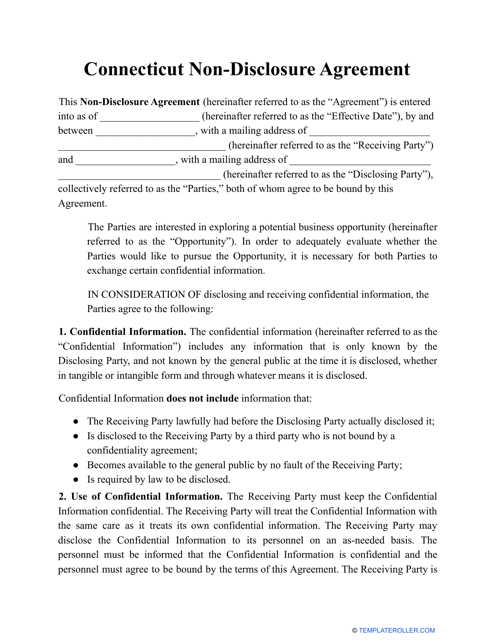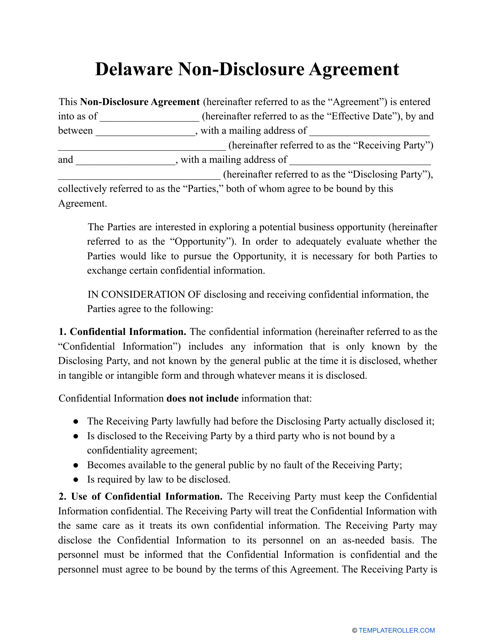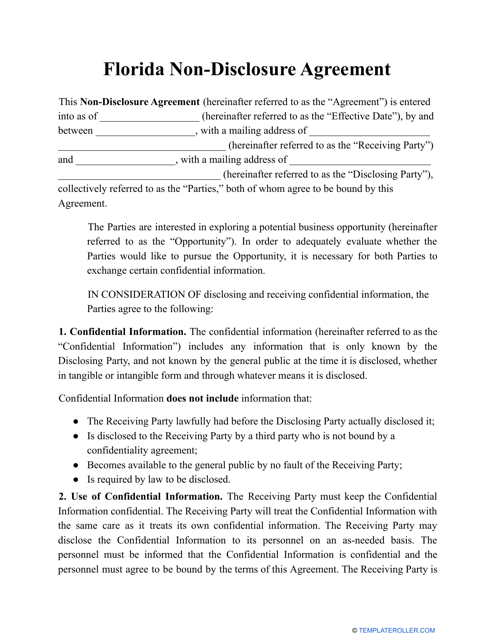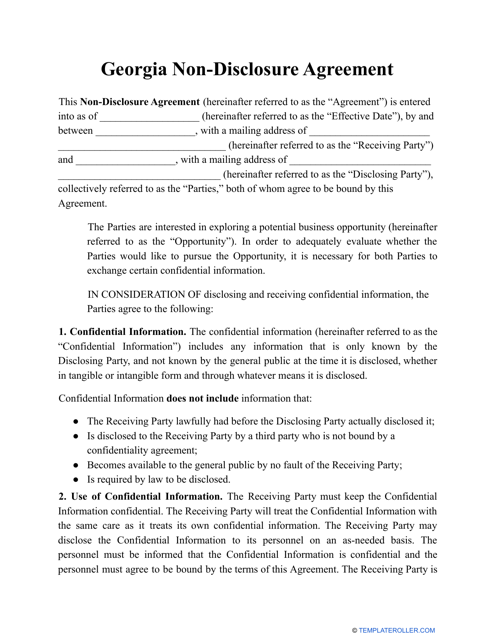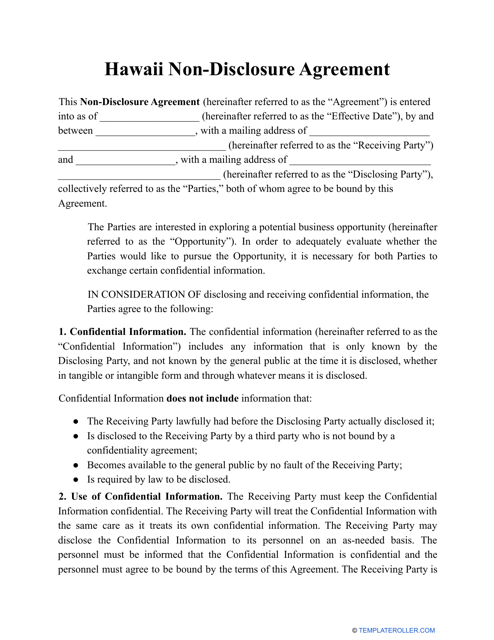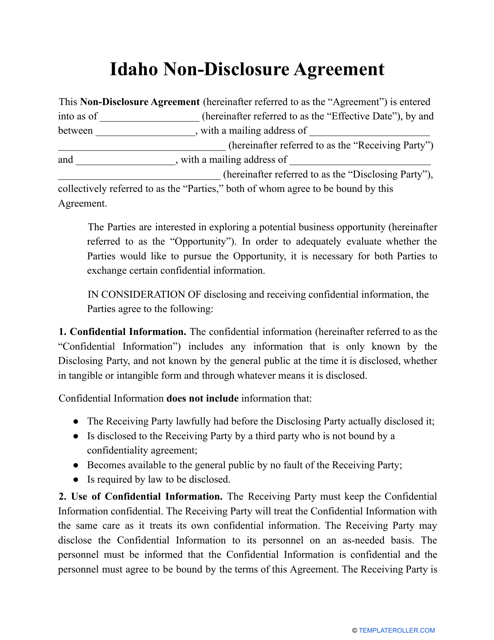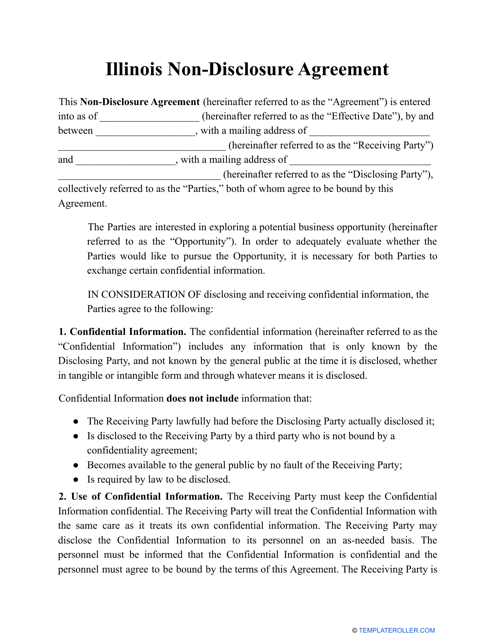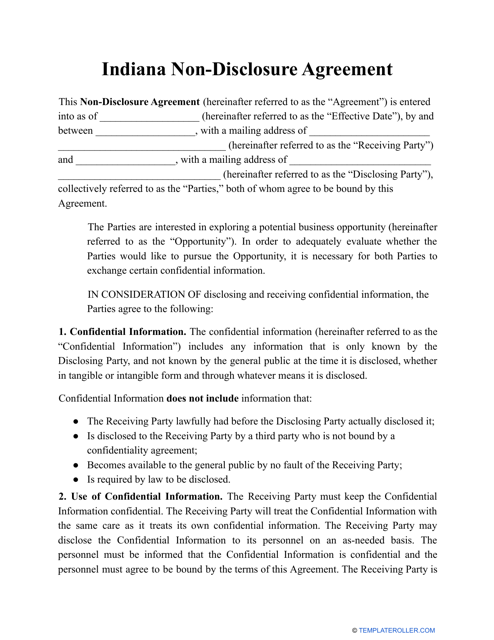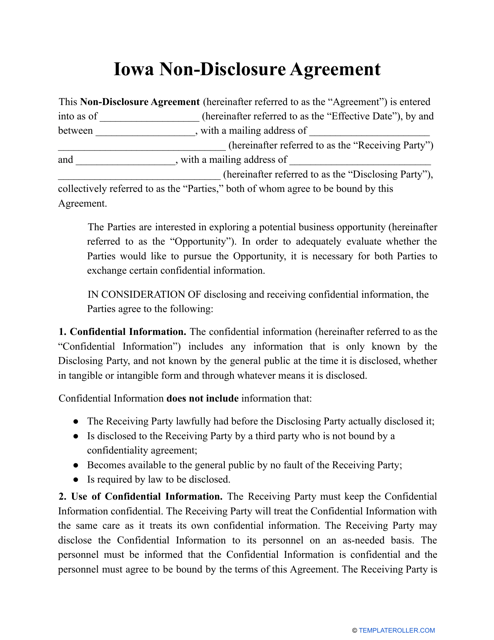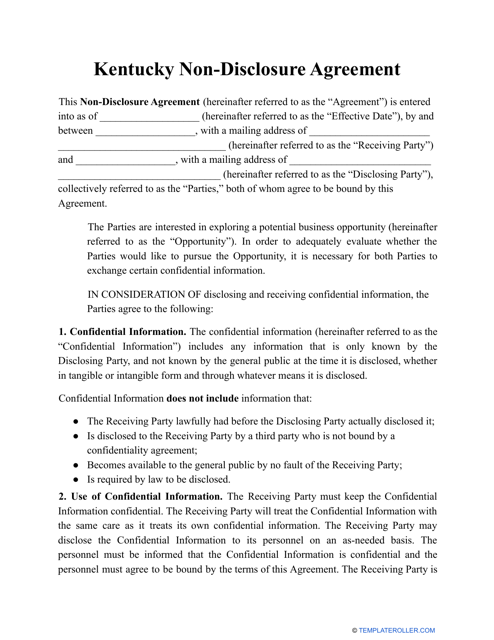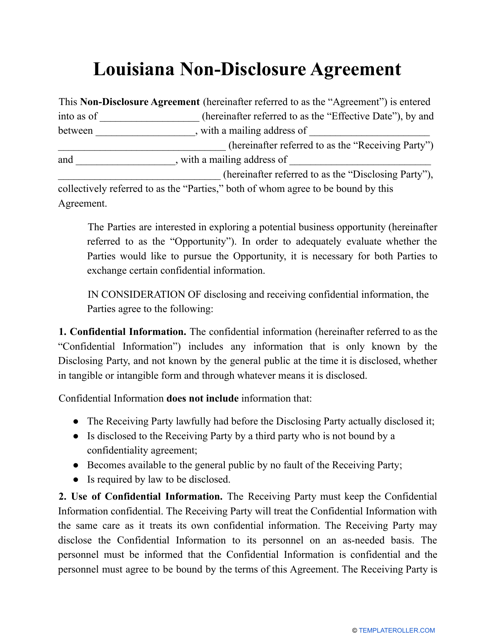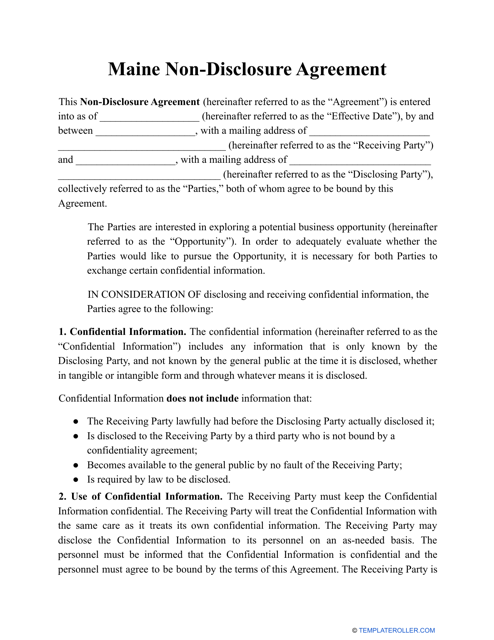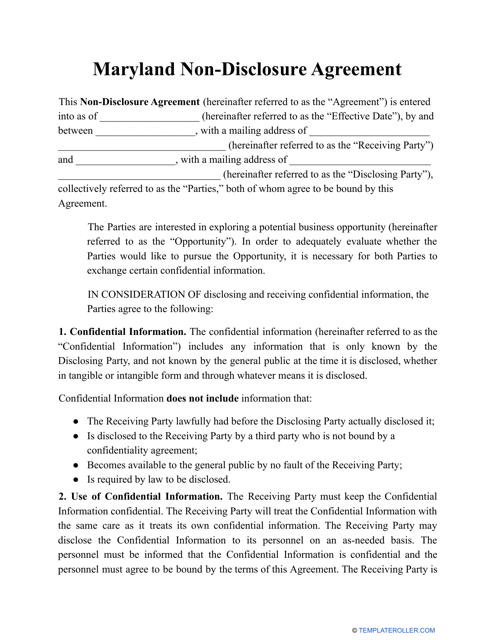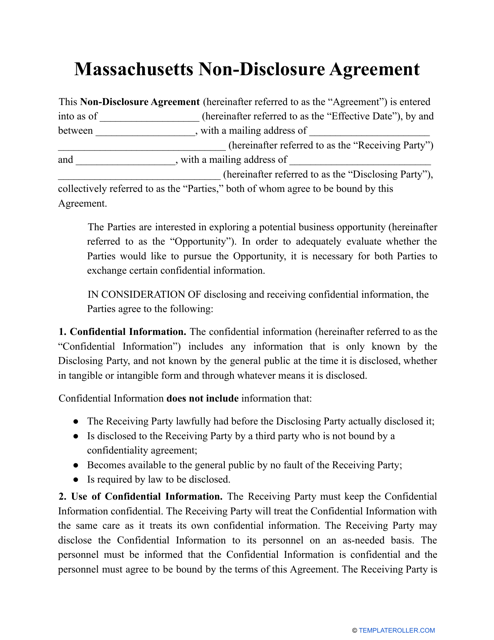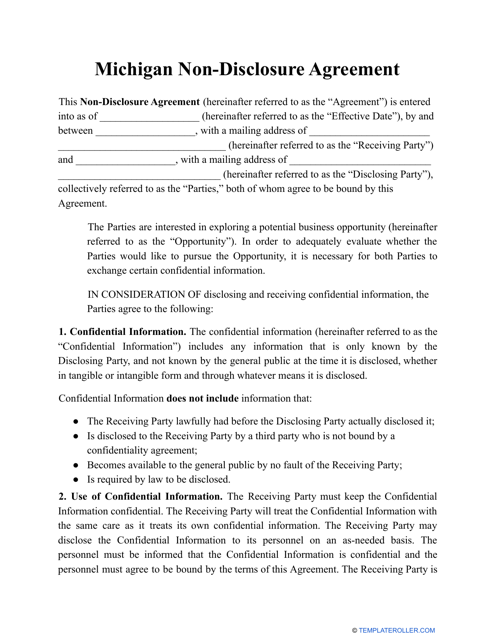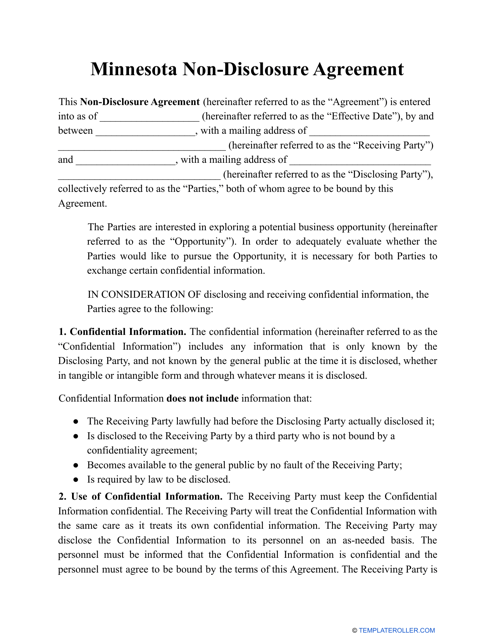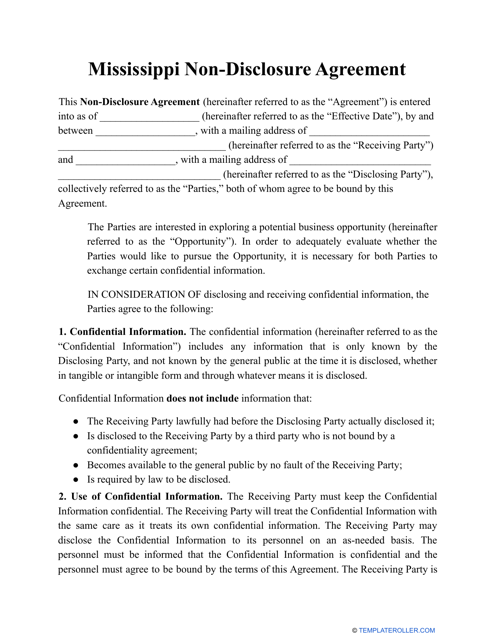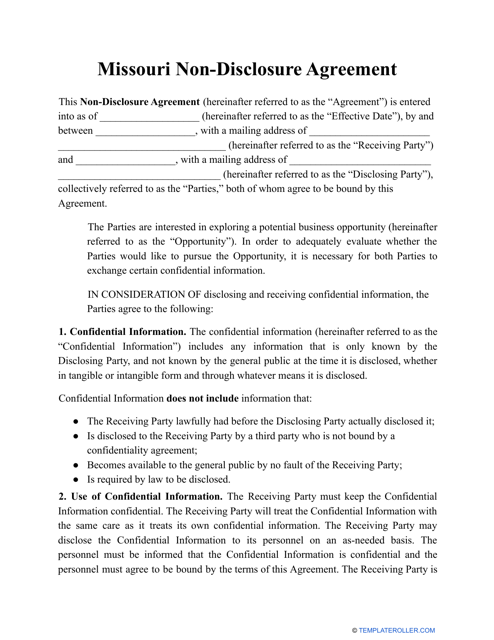Free Copyright Law Forms and Templates
In accordance with the Copyright Act, all creators and authors have the right to protect their intellectual property. See our guide and learn more about legal instruments that will help you no matter who you are, a beginner or a professional in the world of copyright - we offer multiple templates and forms so that you can make appropriate arrangements related to the original works of authorship you own.
What Is Copyright Law?
Copyright Law was designed to assist people who have invented or created something - they alone have an exclusive right to use their work and permit someone else to copy it or utilize it for profit. Whether you need to control your inventions or ideas and get paid for them, want to protect sensitive information related to your business, or give somebody permission to use the intangible property you have created, the U.S. Copyright Law has multiple mechanisms in place to make sure your interests are not violated. The documents below will keep your rights safe - simply choose the template you are looking for and customize it to suit the needs of your particular situation.
- Trademark Assignment Agreement. Make a transfer of a trademark registered on a federal level official by negotiating and signing a contract with the other party to determine the value of the trademark and convey the interest in the trademark to make it the assignee's property.
- Confidentiality Agreement. Used to safeguard business ideas and trade secrets, this document helps the parties to agree upon the use of sensitive information, record the limited circle of people who can have access to it, and protect the rights of the inventor.
- Non-Disclosure Agreement (NDA). Prepare it in case two parties to the contract or just one of them will simply a responsibility not to share confidential information they have learned without additional measures to it - it is often signed by equal counterparts such as investors or suppliers.
- End-User License Agreement (EULA). Drafted by organizations and individuals who create software and want to control its usage and distribution in the future, this contract outlines the specifics of the usage and the cost of the temporary license.
- Copyright Infringement Notice. Use this document to tell someone - a company or a person - that you know about the illegal use of property protected by copyright law, and since it violates your rights, you detect the issue and politely ask the recipient to stop before you take further action.
- Cease and Desist Letter. If the initial notice did not work and the violation continues, you may compose this letter - it can cover a variety of activities that infringe your legal rights, for example, libel, plagiarism, or breach of a trademark - and in the strongest terms request the other party to stop whatever they have been doing.
- Cease and Desist Response Letter. Prepare this statement if you need to address the Cease and Desist Letter you have received - you can deny the problem or promise to satisfy the demands of the non-breaching party.
Related Tags and Topics:
Documents:
66
This is a letter completed by an owner of proprietary information and sent to an individual or entity that has violated copyright law.
This type of letter can be used to officially demand a debt collector to stop contacting the sender of the letter.
A EULA is signed by an individual or entity that buys, downloads, or installs software, and the licensor or owner of the software in question.
This legal document allows two or more parties to record the purchase and sale of a federally registered trademark.
Have your employees or partners sign a Confidentiality Agreement in order to legally prevent them from disclosing confidential and proprietary information.
This letter is supposed to be used when a filer wants a debt collector to stop contacting them. After receiving this letter, a debt collector is only allowed to contact a filer one final time.
A Response to Cease and Desist Letter is sent to the person or company that mailed you a Cease and Desist Letter containing a request to stop illegal activities
This document explores the topic of musical arrangements in relation to copyright law. It provides insights and information on how arrangements can be protected under copyright laws.
This is a legal contract that prevents parties to an agreement from disclosing certain information that is deemed to be confidential.
This is a legal document that creates confidentiality between all involved parties, ensuring that the agreed information in the contract is not disclosed.
If you are selling a real estate property and wish to keep the information about the property private, you can request the buyer complete this type of template.
Individuals that reside in the state of Alabama may use this type of template as a formal agreement signed by two parties, with one or both of them promising not to disclose confidential information they have learned during their collaborative work or professional relationship.
This type of template refers to the enforceable contract signed by the parties to outline the particulars of their confidential relationship in the state of Alaska.
This type of template is a legal instrument that is often used in competitive industries to ensure that confidential and proprietary information is not leaked to any third parties.
This type of template may be used in the state of Arkansas if you want to prevent the disclosure of a trade secret, unique marketing strategies, or manufacturing processes developed within your company.
Individuals that resided in the state of California may use this type of legal contract to outline the confidential information shared between parties that have a professional relationship and decide to restrict the use of these details to avoid them being known to third parties.
If you live in the state of Colorado and you are the owner of confidential information that you want to make sure the person or organization you disclosed it to does not share it with any third party, this type of form may be used to provide security to all of the involved parties.
Residence of Connecticut may use this template as a written contract that is signed by two parties (individuals or entities) to forbid the sharing of confidential details these parties have shared.
An individual may draft this type of agreement in the state of Delaware to describe the particulars of the confidential relationship between the person that owns the rights to a trade secret, formula, or manufacturing procedure and the individual that receives this information.
This is a formal contract residents of Florida may use that covers the details of a confidential relationship created between the owner of this information and its recipient.
This is a legal instrument used in Georgia to outline the terms and conditions determined by two parties that give their consent not to disclose information they have learned while working together.
This type of template can be used in the state of Hawaii if you want to protect your proprietary information, trade secrets, formulas, or manufacturing procedures.
Residents of Idaho may use this type of template as a legally enforceable document that describes the particulars of the confidential relationship between two parties (individuals or organizations)
This is a formal contract residents of Illinois may use that covers the details of a confidential relationship created between the owner of this information and its recipient.
This type of template can be used in the state of Indiana if you are looking for the surest way to safeguard the sensitive information you share with your business partners, investors, and clients.
This document is used for creating a legally binding agreement between two or more parties in Iowa, where they agree to keep confidential information private and not disclose it to others.
This is a formal contract residents of Kansas may use that covers the details of a confidential relationship created between the owner of this information and its recipient.
This type of template is used in the state of Kentucky and acts as a written contract signed between two parties: one of them owns proprietary information and the other gets access to it and promises to keep it confidential.
This is a formal contract residents of Louisiana may use that covers the details of a confidential relationship created between the owner of this information and its recipient.
This is a typed or handwritten document used in the state of Maine that establishes the terms of a confidential relationship between different parties.
This type of template may be used in the state of Maryland if you are thinking about protecting the proprietary information of your business or discovering and developing previously unknown data with your current and former employees.
Residents of Massachusetts may use this type of template as a legal instrument that lists the terms of a confidential relationship created between the owner of the sensitive information and the person or company that received it.
This is a legally enforceable contract used in Michigan that is prepared and signed by the owner of sensitive information and the individual or company they chose to share this information with.
Individuals that reside in the state of Minnesota may use this type of formal contract to illustrate the terms of a confidential relationship negotiated by the parties: one of them discloses sensitive information they own and the other promises not to share it with third parties.
If you represent the interests of a business in the state of Mississippi that wants to keep the sensitive information in its possession private, especially from market competitors, you can offer the person or company that was granted access to this data to sign this type of template.
Residents of Missouri may use this legally binding contract that describes the terms and conditions of the confidential relationship between two parties - the owner of the sensitive information makes the recipient of these details promise they will not disclose them to any third party.

